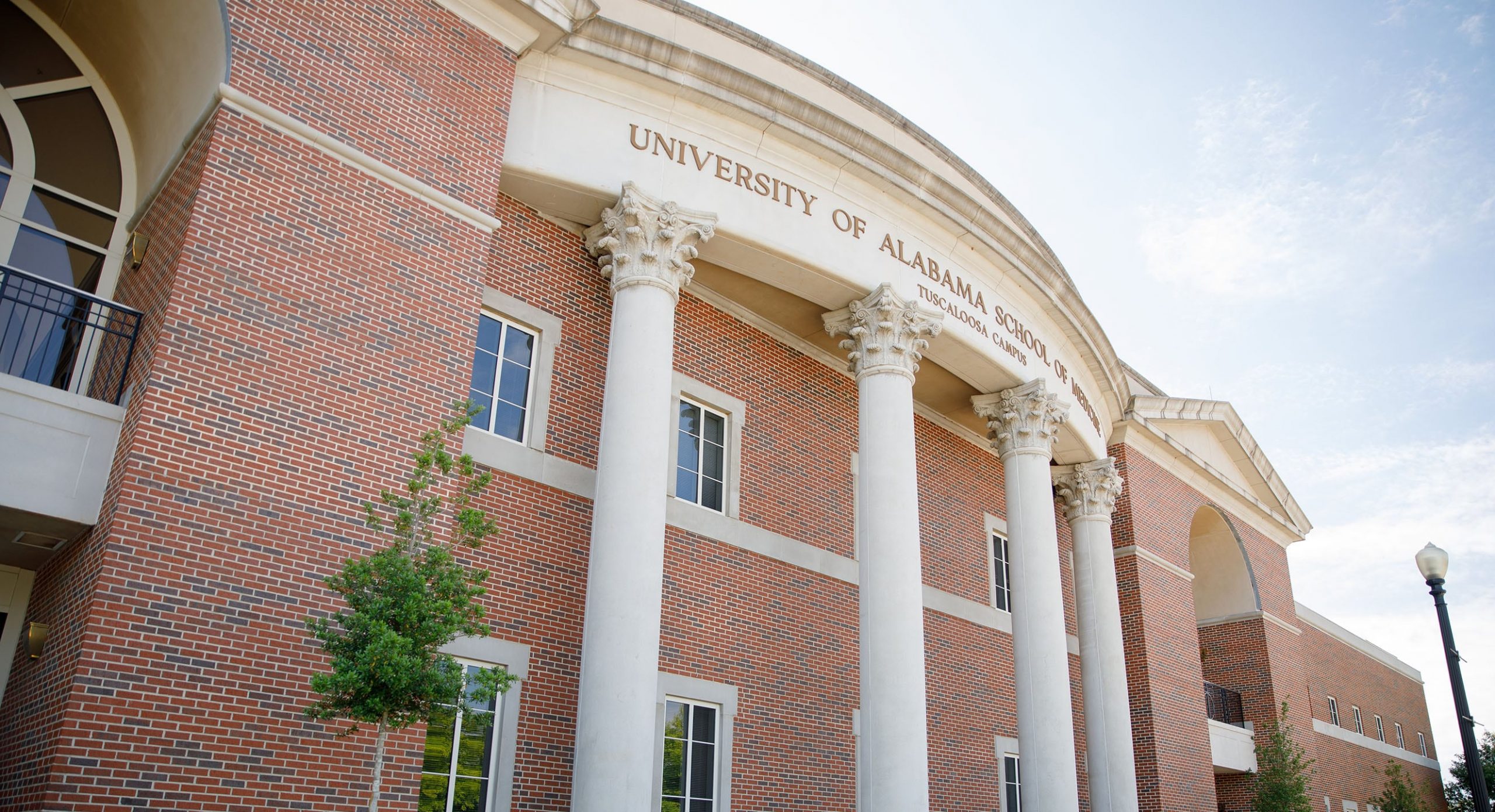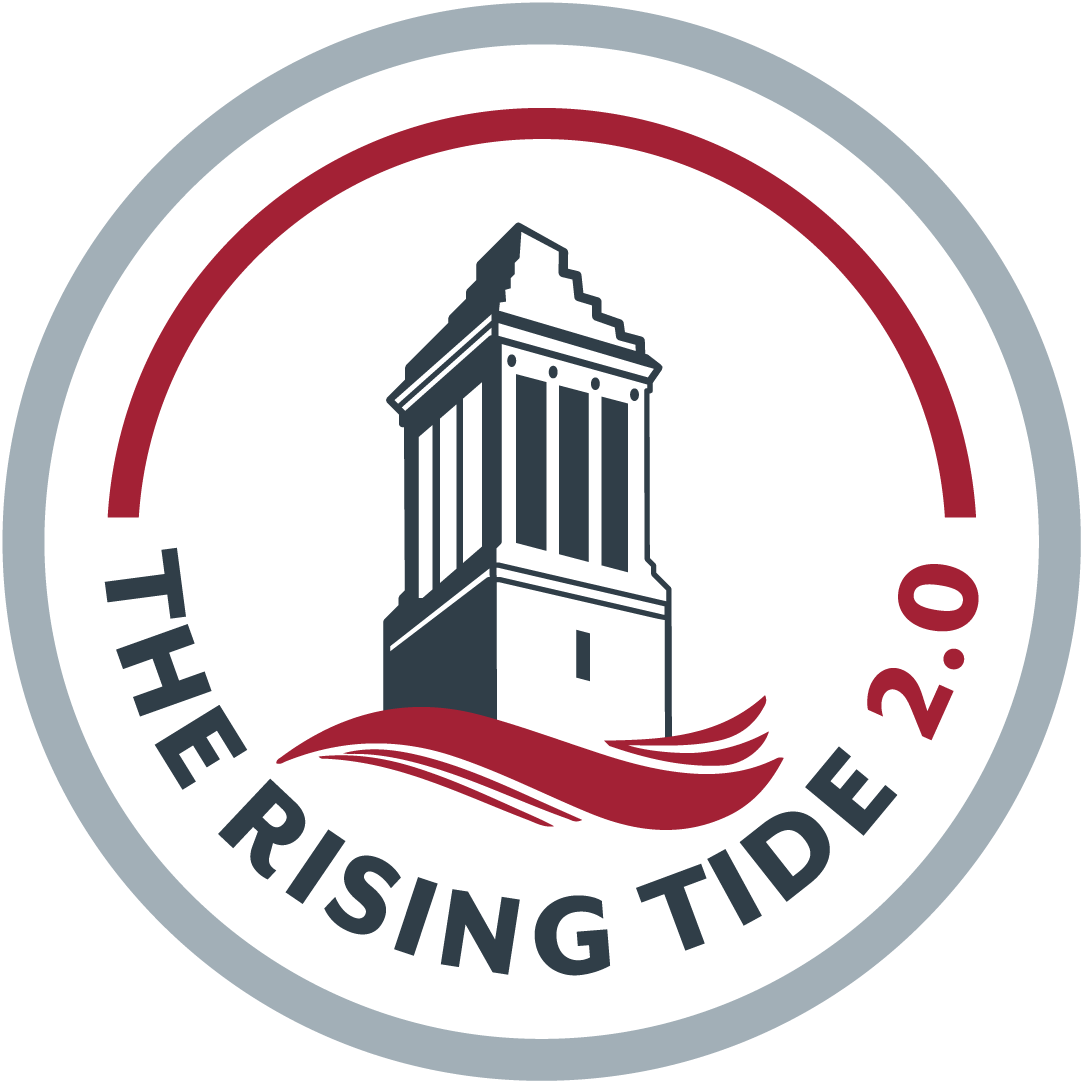The U.S. is projected to have a shortage of up to 49,000 primary care physicians by 2030, according to the American Association of Medical Colleges. Other estimates put the number of primary care physicians needed by 2025 at 52,000 to meet the demand for health care.
Family Medicine for America’s Health says 25% of medical school graduates are needed in family medicine residencies annually to help curb the national primary care physician shortage. In Alabama, the expected shortage of primary care physicians is similarly acute.
The University of Alabama College of Community Health Sciences offers a solution to this crisis with medical student education and training programs focused on preparing the next generation of primary-care physicians, including for rural and medically underserved communities.
However, a major obstacle for medical students seeking to practice primary care, particularly those who want to practice in rural communities, is medical school debt.
In Alabama, four years’ tuition at the state’s largest medical school, the UAB School of Medicine, is nearly $240,000 for in-state students and over $260,000 for out-of-state students. Medical school debt and higher pay for specialists are reasons medical students frequently gravitate to specialized medicine.
Alleviating financial obstacles through endowed scholarships will help more medical students achieve their desire to pursue family medicine and other primary-care specialties and to practice in rural and underserved communities.
As a fourth-year medical student at the college, Dr. Danielle Fincher was the 2016 recipient of the Larry Mayes Endowed Scholarship. The scholarship is awarded to a student who elects a community medicine experience in a medically underserved setting in the U.S. or abroad during the fourth year of medical school.
The scholarship funded Danielle’s four-week elective at the Institute for Family Health in New York City. The Institute operates safety-net clinics throughout the city to provide primary care, mental health care, dental care and social work services targeted toward urban and underserved communities. Her rotation focused on women’s reproductive health.
During this time, Danielle was exposed to a variety of patients and unique needs. “My elective at the Institute was a strong complement to my clinical education,” she said. “My rotations at CCHS have given me a deeper understanding of the health care needs of rural underserved communities, and my rotation in New York City offered great exposure to the health care needs
unique to an urban environment. I feel even more prepared to work and train in both urban and rural settings.”
Increasing support through endowed scholarships will ultimately create a more robust and much-needed primary-care physician workforce, and will provide medical students, especially those looking to practice in rural and underserved areas, the opportunity to launch their careers with fewer financial constraints.


